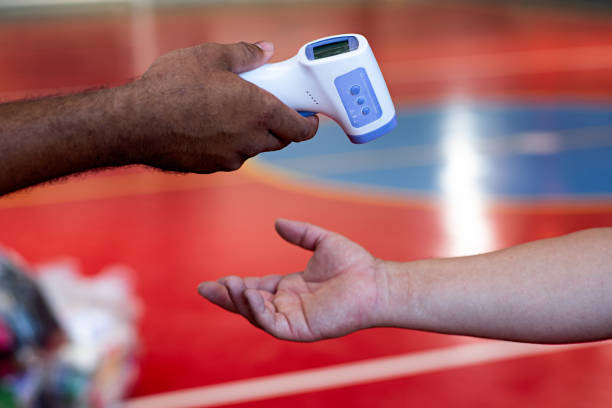
A refrigerated storage unit is a type of storage container that can be used for storing items at cooler temperatures. The temperature inside these units can range from 32 to 55 degrees Fahrenheit, but there are also “high temperature” units that range from 55 to 85 degrees. The difference between cold storage and freezer storage is important to understand because each type serves a different purpose and has different uses. In this post we will explain the difference between these two types of units, how they work and for what they are used!
Cold storage Melbourne units that are specially designed to be refrigerated but not frozen.
The main difference between these units is that refrigerated transport services have a constant temperature of 40-50 degrees Fahrenheit (4-10 degrees Celsius), while freezer units have a constant temperature of 0-10 degrees Fahrenheit (-18 to -23 degrees Celsius).
Refrigerated storage units are used for your most sensitive items such as fresh produce, dairy products, flowers, and other food items that cannot be stored at room temperature. They also function as coolers for storing beverages or other beverage products.
On the other hand, freezer units are most commonly used for storing meats, seafoods, fruits and vegetables and baked goods
The temperatures in these units can be set between 32- and 55-degrees Fahrenheit.
When it comes to temperature, refrigerated storage units can be set between 32- and 55-degrees Fahrenheit. Freezer storage units, on the other hand, are typically set between -10- and -40-degrees Fahrenheit. High temperature storage units are typically set at 55 to 85 degrees Fahrenheit.
It is important to note that there are also “high temperature” units that range from 55 to 85 degrees Fahrenheit.
It is important to note that there are also “high temperature” units that range from 55 to 85 degrees Fahrenheit. These units are used for a variety of products, including fresh produce and dairy products; flowers; frozen foods; and even chilled food storage (for example, if you want to store your own yogurt before it expires). The primary difference between refrigerated vs temperate-controlled storage units is the number of days you can store your product in each unit before it expires. A typical cold storage Melbourne unit will keep your food fresh for between 30 and 60 days while keeping it safe through proper temperature control, whereas a temperate-controlled unit will last longer—between 90 and 120 days—but may not be as effective at preventing spoilage over time.
Typically, they are used for sensitive items like fresh produce, dairy products, and flowers.
Refrigerated storage units are specially designed to be refrigerated but not frozen. They can typically hold between 100 and 200 cubic feet of space, which is more than enough room for the average household’s food supply.
Typically, they are used for sensitive items like fresh produce, dairy products, and flowers. These refrigerated storage units have been specifically designed with temperature zones that maintain a range between 32- and 55-degrees Fahrenheit at all times. You mean you can store your most precious food items in these units without worrying about them spoiling or getting freezer burnt because they will not go below freezing temperatures (which would ruin your food).
Freezers can go as low as -10 degrees Fahrenheit.
Freezers are used to store food at a temperature of 0 degrees F or below. They are commonly used to store frozen foods, but they can also be used to store a wide variety of food items. Freezers are ideal for storing meat, seafood, fruits and vegetables, baked goods and other perishable ingredients that need to be kept cold.
Freezer units typically have shelves inside so you can organize your food in an orderly fashion. These units have multiple vents that allow air to flow in and out of the unit without causing any damage to the contents inside it. This ensures that you keep your frozen foods fresh for as long as possible by preventing them from getting stale due to excess moisture buildup inside their packaging containers or cardboard boxes (if applicable).
They are also used for a very wide variety of products including meats, seafoods, fruits and vegetables, and baked goods.
Freezer units are often used as a way to keep a wide variety of products fresh, including:
Meats
Seafoods
Fruits and vegetables
Baked goods
